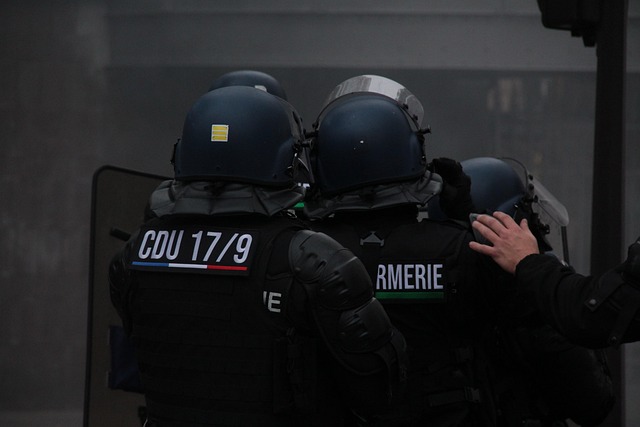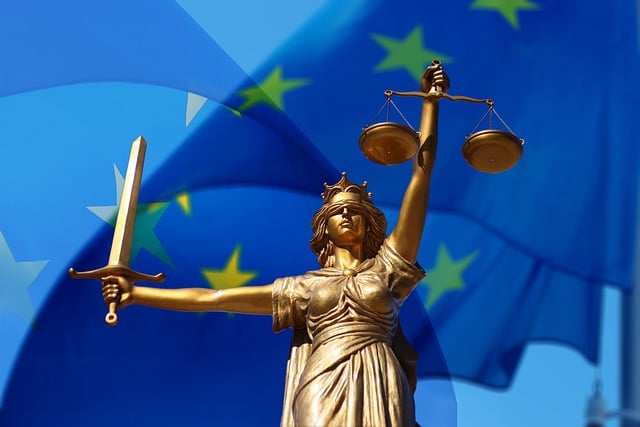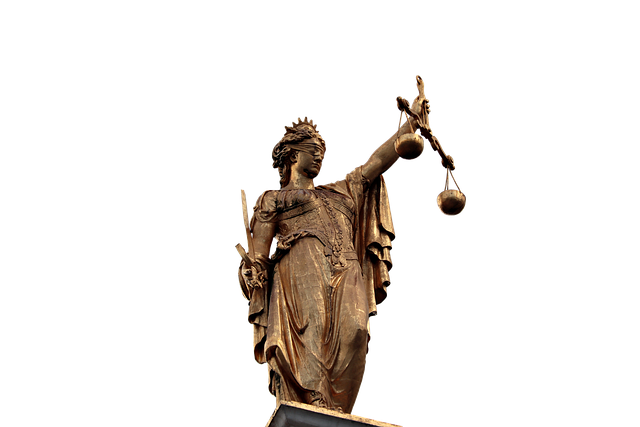Whistleblower protection lawsuits can be class actions with multiple plaintiffs seeking collective relief or individual actions focusing on specific whistleblowers' experiences. Class actions offer substantial financial awards but risk dismissal if all claims are rejected, while individual lawsuits provide tailored verdicts with lower monetary gains. The choice depends on case scale and desired outcome, balancing collective impact versus direct accountability in white-collar defense across jurisdictions.
Whistleblower protection lawsuits are a crucial mechanism for holding organizations accountable. When employees come forward with evidence of illegal activities, they face significant risks. This article explores the intricacies of these legal battles, focusing on the distinction between class action and individual claims. We delve into effective defense strategies and analyze notable case outcomes, providing insights for both whistleblowers and legal professionals navigating this complex landscape. Understanding these dynamics is essential in terms of protecting whistleblowers and ensuring justice.
- Understanding Whistleblower Protection Lawsuits
- Class Action vs Individual Claims: Key Differences
- Strategies for Effective Whistleblower Legal Defense
- Case Studies: Notable Whistleblower Suit Outcomes
Understanding Whistleblower Protection Lawsuits

Whistleblower Protection Lawsuits are legal actions taken by individuals who expose illegal or unethical activities within their respective businesses or organizations. These lawsuits play a crucial role in ensuring accountability and promoting transparency, especially in cases where companies engage in fraudulent or harmful practices. When faced with such situations, employees have the right to come forward as whistleblowers, though they often require legal protection to encourage their actions without fear of retaliation.
Understanding the distinction between class action lawsuits and individual lawsuits is essential in this context. Class action lawsuits involve a group of individuals joining forces to sue a business collectively for alleged wrongdoings. This approach can be powerful, achieving extraordinary results and winning challenging defense verdicts due to the combined efforts and resources of the plaintiffs. On the other hand, individual lawsuits focus on specific whistleblowers and their unique experiences, with each plaintiff seeking personal relief for their experiences and any damages incurred. Both strategies have their merits, and successful outcomes can lead to significant changes in corporate behavior, fostering a culture of integrity within respective business entities.
Class Action vs Individual Claims: Key Differences

When it comes to whistleblower protection lawsuits, the choice between filing a class action lawsuit or pursuing individual claims is crucial. While both paths seek justice for whistleblowers, they differ significantly in scope and potential outcomes.
A class action lawsuit involves multiple plaintiffs who share similar experiences or have been harmed by the same illegal practice. This collective approach can be powerful in high-stakes cases, as it allows for a more substantial financial settlement or damage award, which benefits all involved parties. However, class actions can also result in a complete dismissal of all charges if the judge rules against the plaintiffs’ claims. On the other hand, individual lawsuits focus on a single whistleblower’s experience and specific allegations. While winning an individual case might not yield as significant financial rewards, it often leads to more tailored and challenging defense verdicts, holding the responsible parties directly accountable for their actions.
Strategies for Effective Whistleblower Legal Defense

When faced with whistleblower protection lawsuits, a robust legal strategy is paramount. One key distinction that can significantly impact the approach is the choice between a class action lawsuit and an individual lawsuit. In a class action, multiple whistleblowers join forces to challenge systemic issues, which can be powerful for amplifying their collective voice and securing broader protections. This method allows for more significant financial recoveries and sends a strong message across the country about accountability.
Conversely, individual lawsuits focus on specific circumstances and claims of each whistleblower. While this approach may offer more tailored legal defense strategies, particularly in cases involving complex white-collar crimes, it can also lead to varying outcomes. A successful defense strategy should aim to avoid indictment, leveraging strong evidence and legal arguments to protect the whistleblowers’ rights while navigating the nuances of white-collar defense across different jurisdictions.
Case Studies: Notable Whistleblower Suit Outcomes

Whistleblower protection lawsuits have seen some notable outcomes, especially when compared through the lens of class action versus individual suits. High-stakes cases often involve complex dynamics and significant monetary awards. For instance, a successful class action lawsuit against a corporation for widespread unethical practices can result in substantial damages distributed among many affected individuals, setting a precedent for future cases. This approach not only provides financial relief to numerous whistleblowers but also serves as a powerful deterrent to corporate misconduct.
On the other hand, individual lawsuits can highlight unique instances of abuse and lead to tailored remedies. An unprecedented track record of successful individual whistleblower cases has demonstrated the power of personal advocacy in holding wrongdoers accountable. These suits can result in substantial monetary compensation for the whistleblower and send a clear message to organizations that such actions will not be tolerated. The choice between class action and individual lawsuits depends on the specific circumstances, the nature of the violation, and the desired impact on both the whistleblower(s) and the organization(s) involved.
Whistleblower Protection Lawsuits play a vital role in ensuring accountability and upholding justice. Understanding the nuances between class action and individual claims is crucial for effective legal defense strategies. By examining real-world case studies, we can gain insights into the outcomes that shape the future of whistleblower protections. In navigating these complex legal landscapes, professionals must stay informed to foster a culture of transparency and integrity within organizations.






